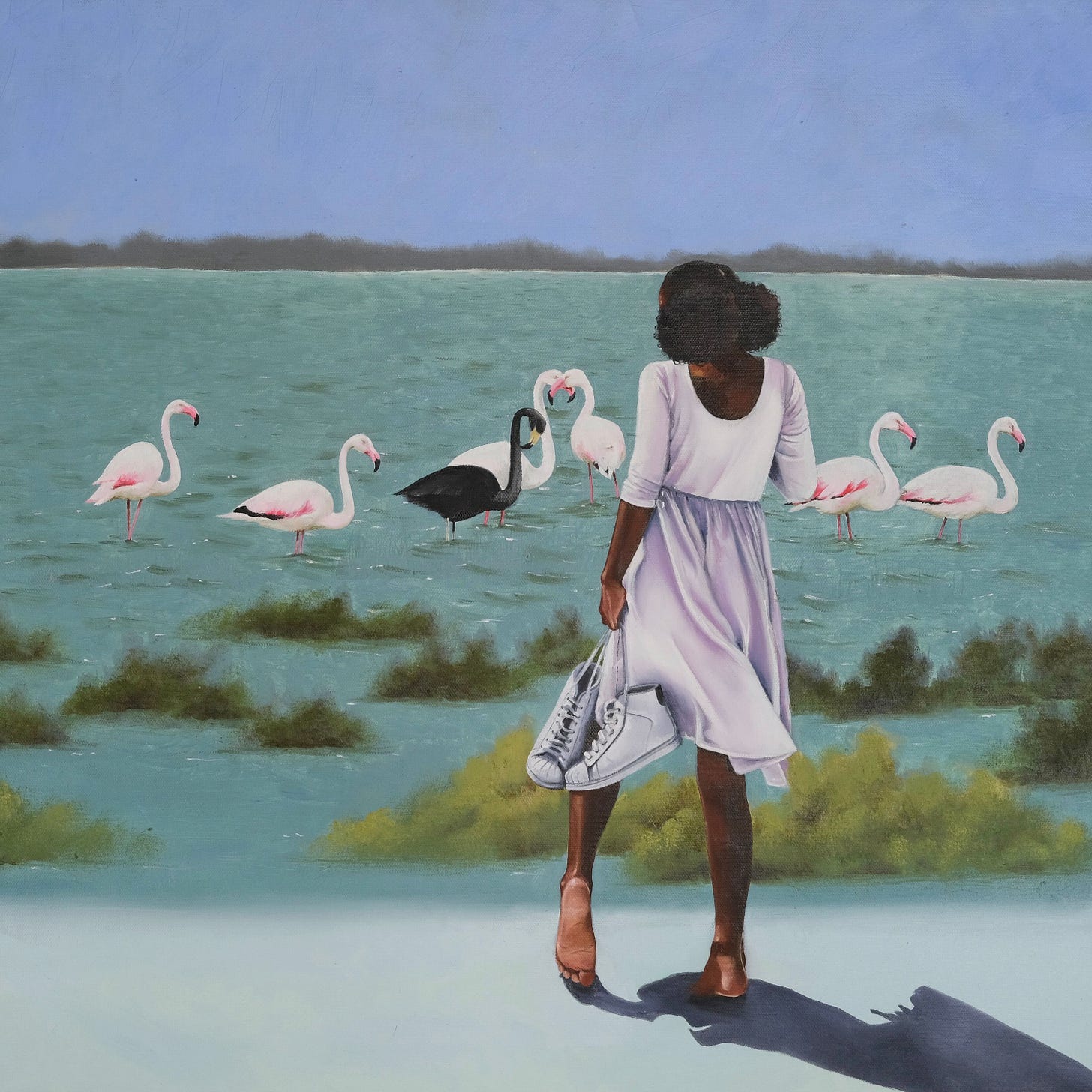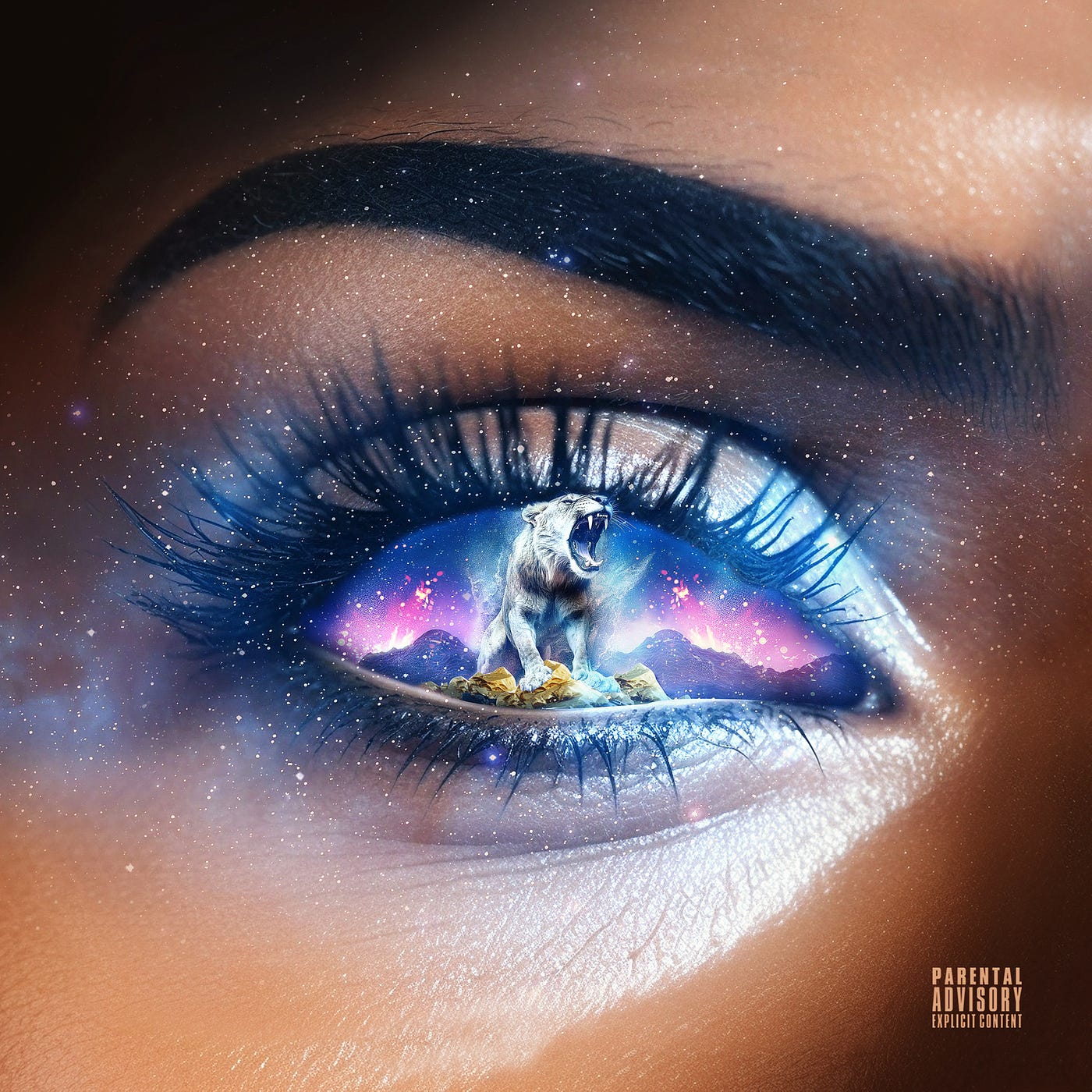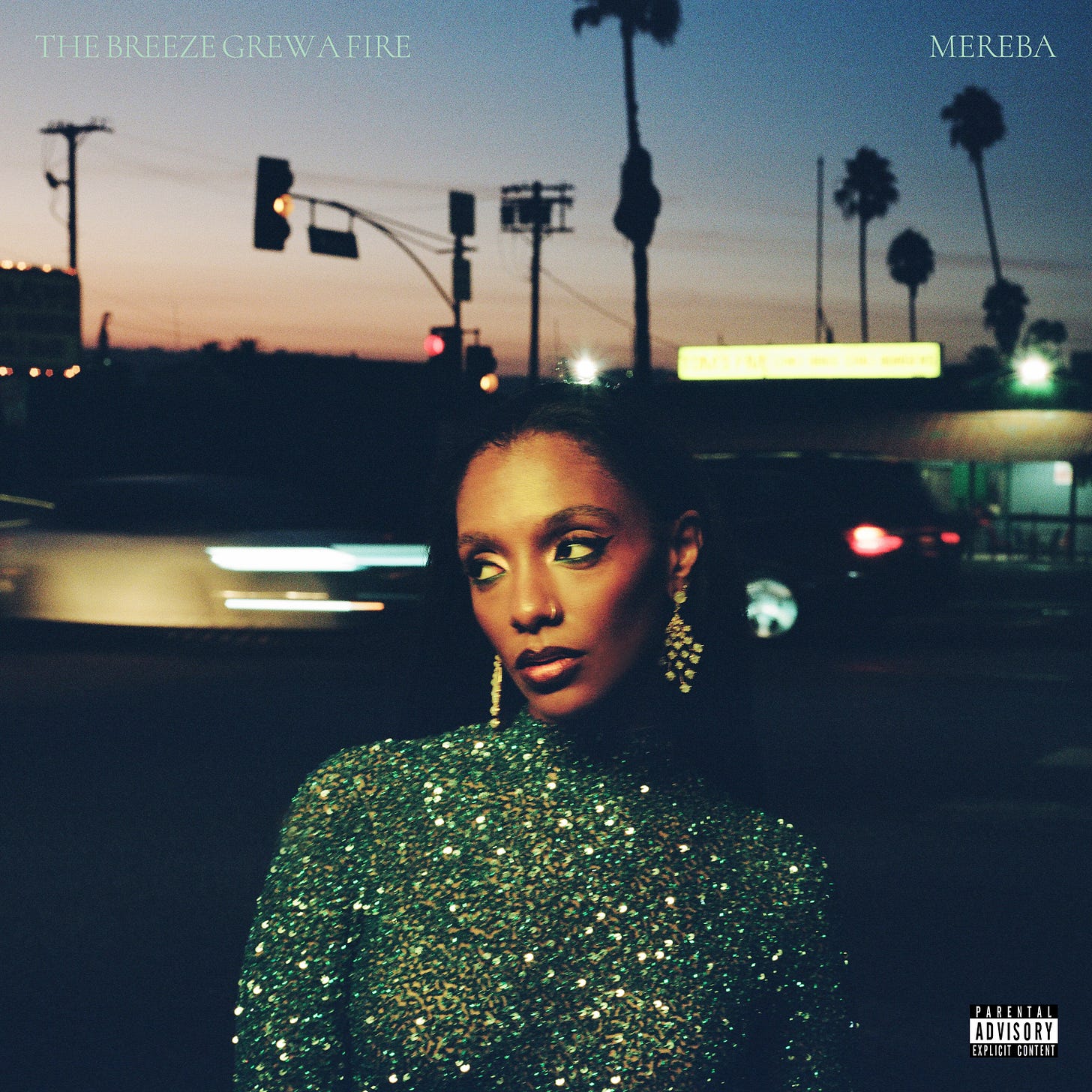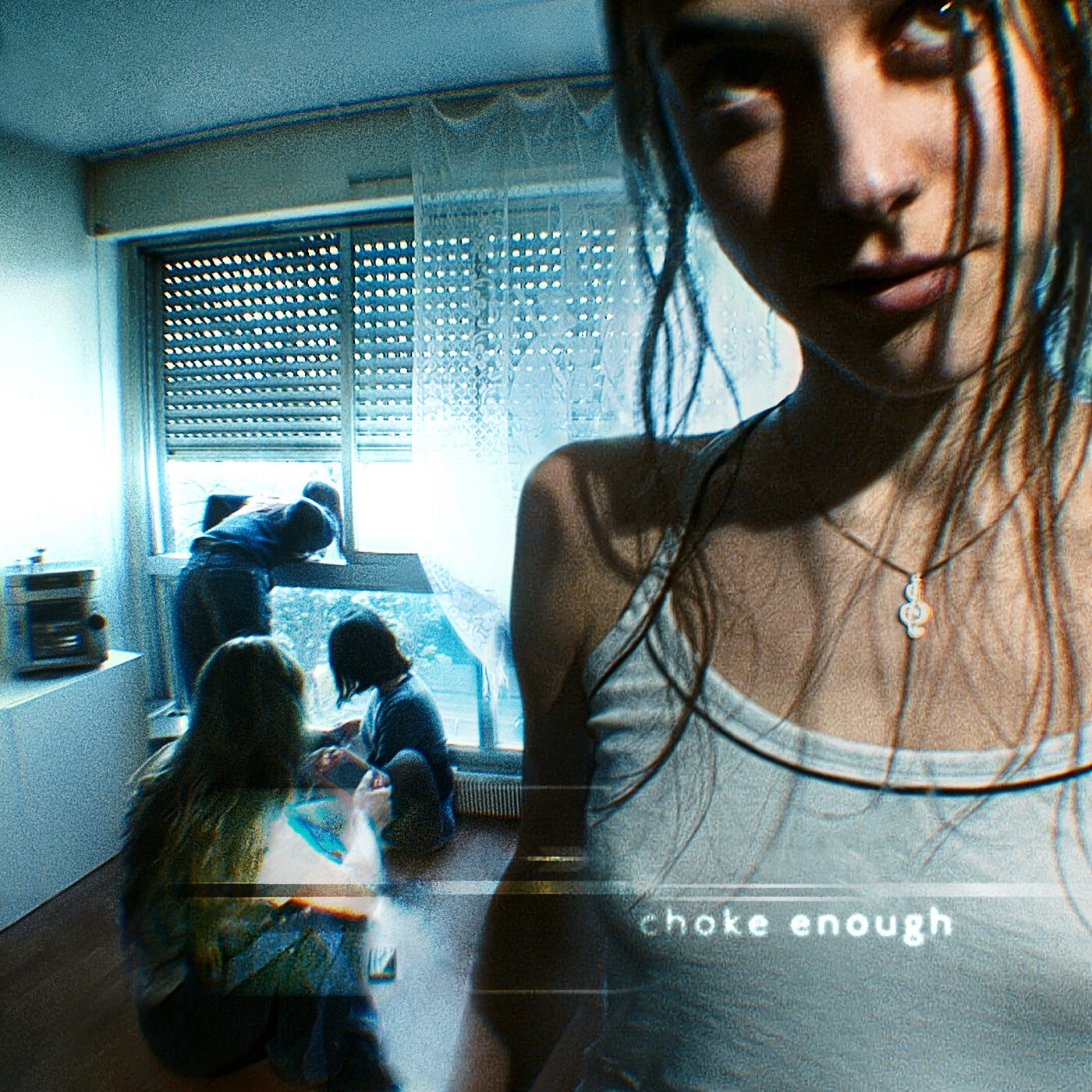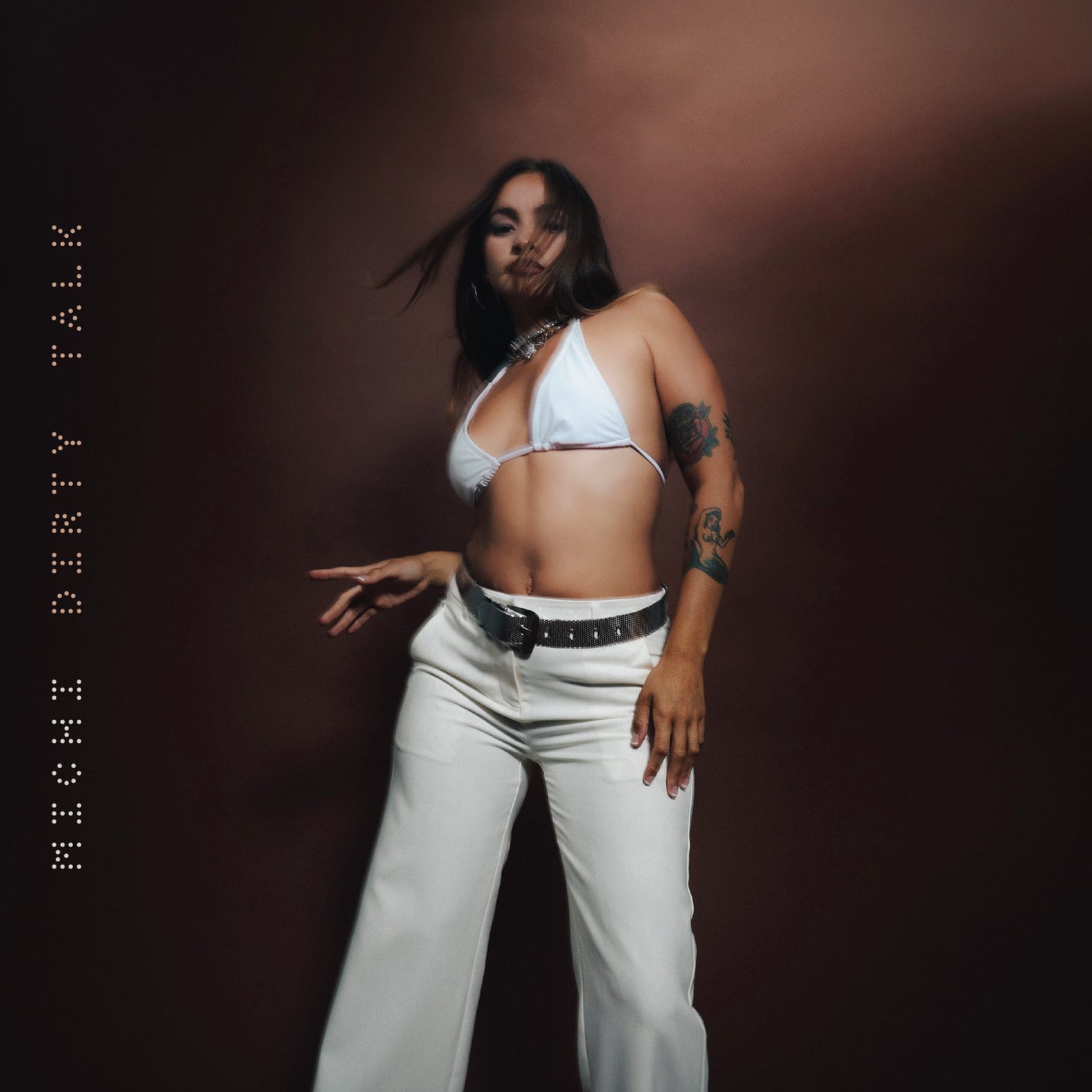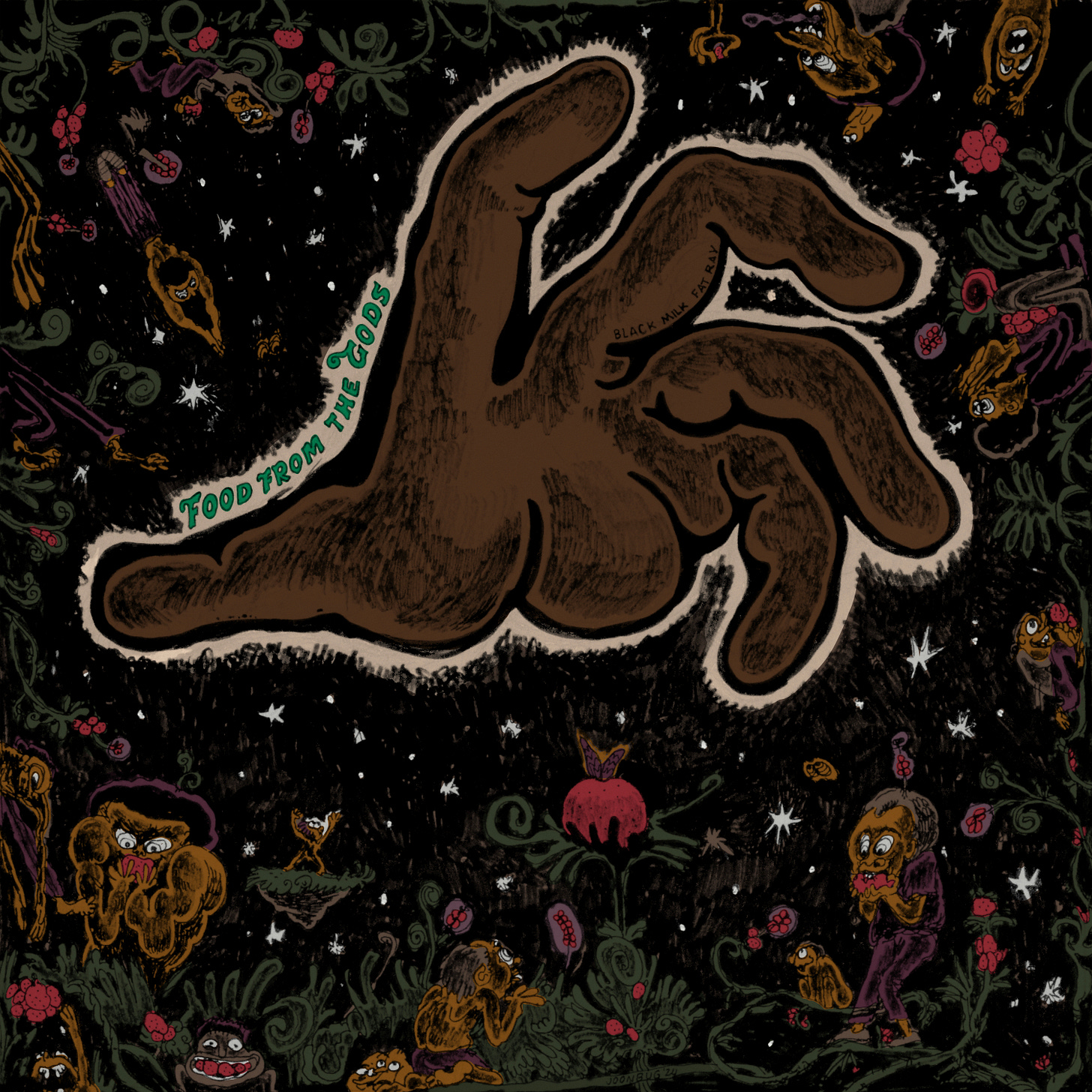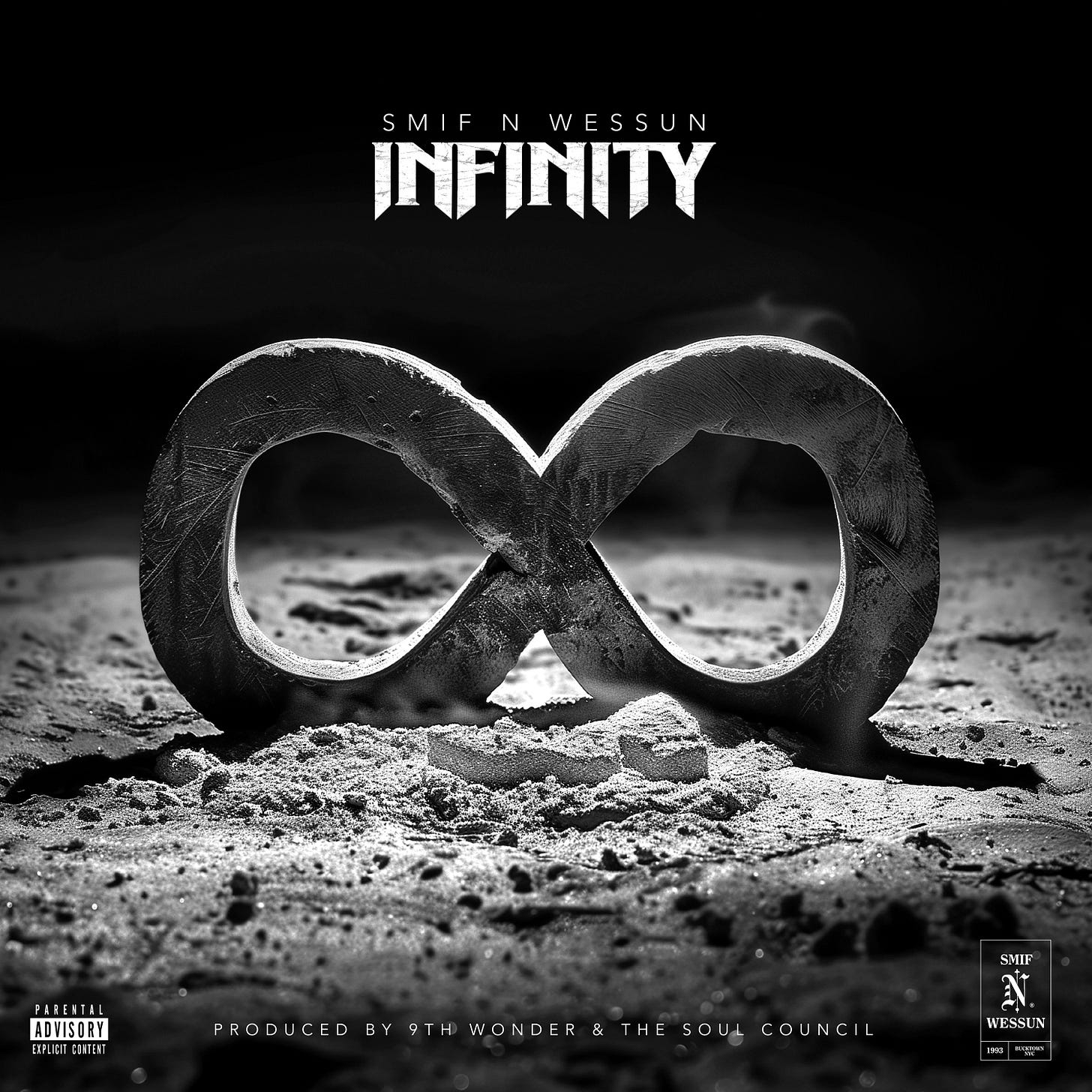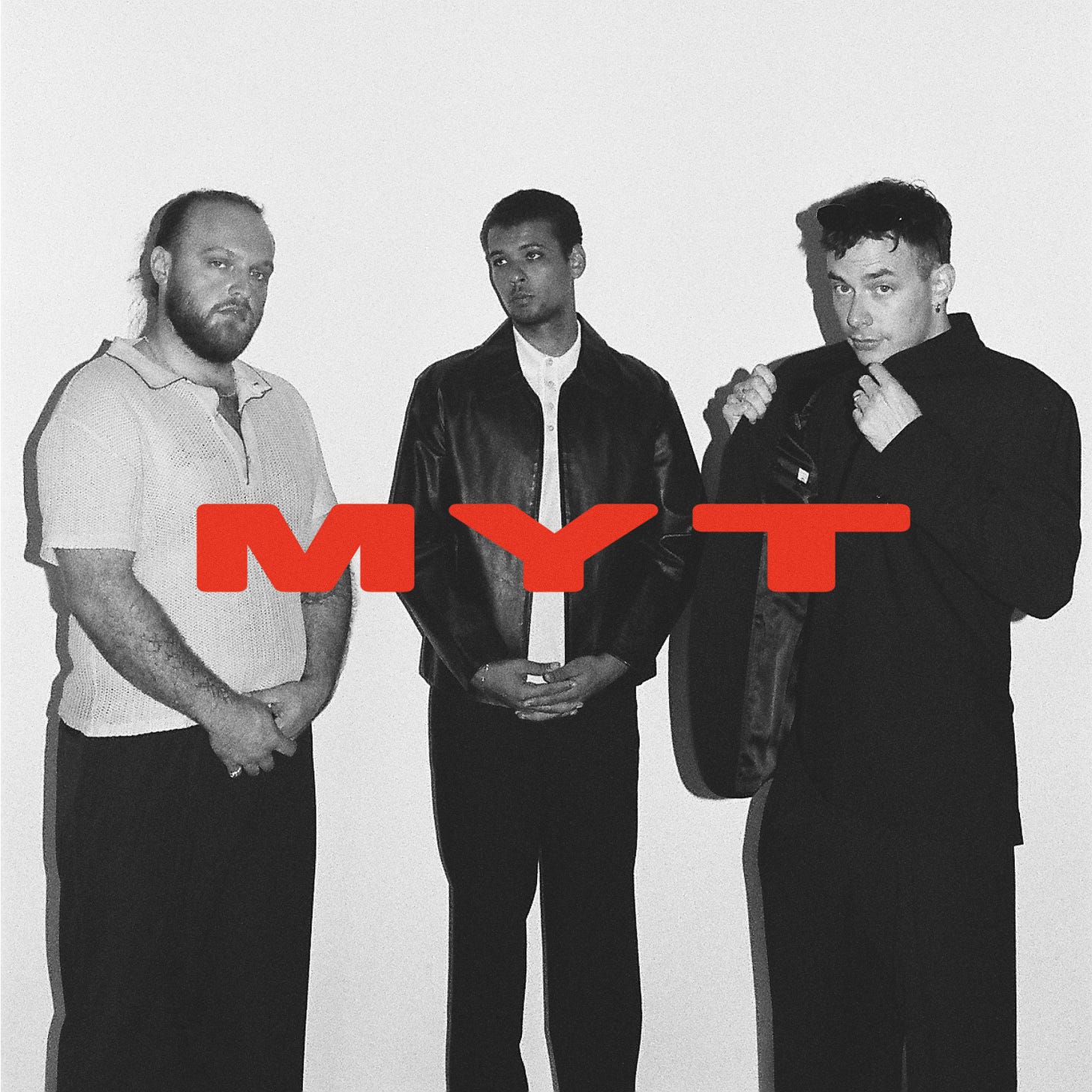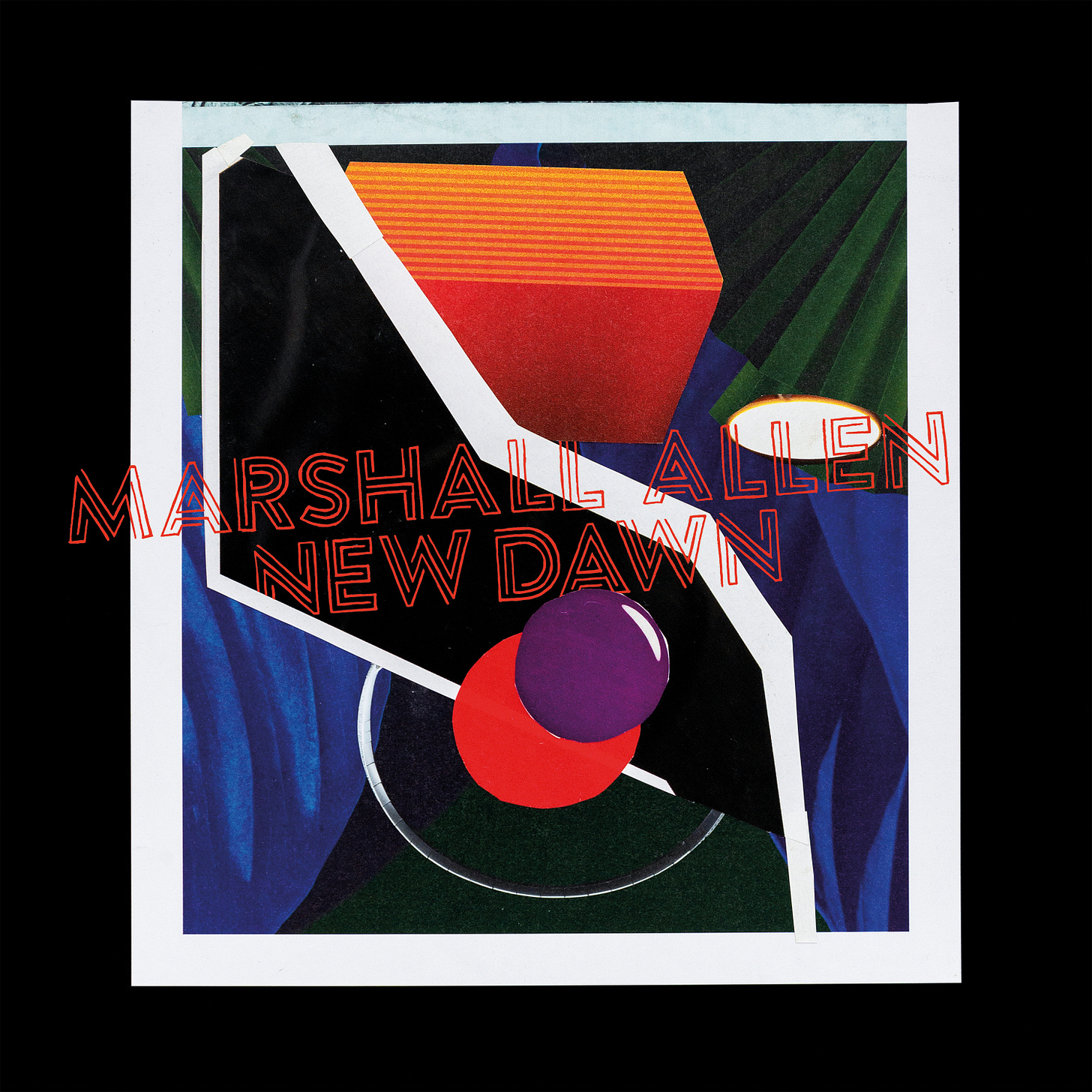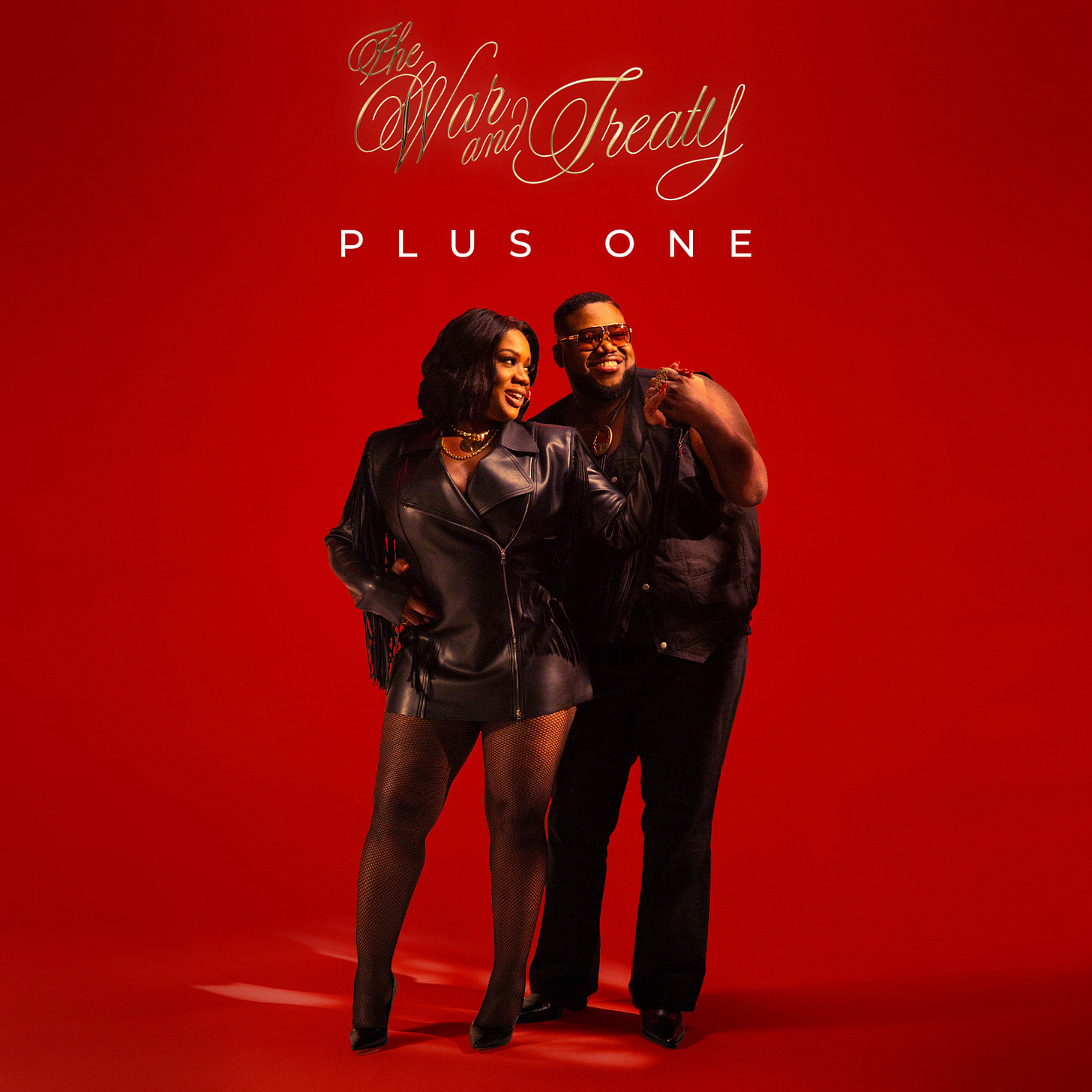February 2025 Roundups: The Best Albums of the Month
With releases from The War and Treaty to John Glacier, here are notable releases in February that stood out to us as the best albums of the month.
Albums cascaded into availability throughout February 2025, accelerated by a pattern of drops that muddied the task of tracking them all. Navigating this flood, curators at this very column extracted a set of releases that stood apart for their execution and weight. However, they admit that some efforts might have evaded full appraisal due to time or oversight. Those eager to flag their favorites from the month can chime in below. The ensuing breakdown probes the projects that surfaced as most arresting.
Sunny War, Armageddon In a Summer Dress
With Armageddon In a Summer Dress, Sunny War examines the overlap between folk and punk, viewing them as allied forms born from minimal tools and maximal voice. She connects folk’s historical dissent—Woody Guthrie’s tales of struggle, Pete Seeger’s calls for solidarity—to punk’s unpolished resistance, a thread that ran through Anarchist Gospel and now tightens here. Produced by Andrija Tokic, whose credits include Alabama Shakes and Hurray for the Riff Raff, the album trades suggestion for assertion, its five-piece band arrangement delivering a visceral punch absent from her prior releases. Guest vocalists enrich this framework: Steve Ignorant (Crass) and John Doe (X) inject punk’s sharp edge, while Valerie June and Tré Burt ground it in folk’s warmth, their contributions aligning with Sunny’s elastic vocal style. The tracklist spans defiance, oddity, and vulnerability; the same essentials. — Tai Lawson
Queen Herawin, Awaken the Sleeping Giant
Ten years after her debut EP, Queen Herawin, from Juggaknots, reappears with a revealing portrait of self-discovery, innate strength, and the willingness to honor every facet of one’s identity. With Awaken the Sleeping Giant, verses tackle pressing societal themes, accompanied by unrefined, speaker-rocking beats and guest spots that maintain a cohesive impact. “Manifest” unites Apathy and Mickey Factz to close out the concept where each MC delivers potent lyricism over Supastition’s standout guitar sample. She tag teams with Open Mike Eagle on “Shame,” grounded by synths and punctuated by organ flourishes where they trade bars, “Gluttony” infuses a fiery church-inspired loop, sharing moments of feeling devalued with Breeze Brewin, and one of the true standouts, “Anxiety,” which Herawin candidly reveals her struggles and demonstrates how her writing provides comfort. — Brandon O’Sullivan
Durand Bernarr, Bloom
In 2024, Durand Bernarr reached a turning point. The Cleveland-born R&B artist had built serious momentum with his En Route EP, a project that earned him a fresh wave of fans and a 2025 Grammy nomination. Bloom is a clear shift from his usual approach, born out of necessity and seeking fresh input. Bernarr leaned on collaborators like GAWD, featured on the upbeat “Flounce,” and b.kae, who co-wrote the lead single “Impact.” Songwriter Timothy Bloom and friend Bella Rose rounded out the crew by adding background vocals. The result feels like a tribute to all kinds of bonds: romantic, platonic, creative. The album’s strengths shine in its variety. “No Business,” written solo by Bernarr, channels the sultry, pleading vibe of classic R&B, evoking singers who wore their hearts on their sleeves. It contrasts sharply with “Unspoken,” a standout ballad that ranks among 2025’s best tracks. Bernarr’s choice to pivot, pulling in outside voices while keeping his core sound intact, shows an artist adapting under pressure. Bloom doesn’t reinvent R&B, but it proves Bernarr can stretch his limits and deliver something worth hearing. — Jamila W.
Mereba, The Breeze Grew a Fire
One might imagine a worn, painted sign on a desert highway that reads: “Freedom This Way.” Beneath that sign, there’s Mereba, forever in transit, forging a path through storms in a matte black truck. She describes her brand of expression as an unending pursuit: ephemeral triumphs, near-escapes, and an ongoing sense of evasion. Even when she croons about solace or a cop-free block in “Glock Peaceful,” she eventually awakens to the same tenuous reality. Her depiction of joy is fugitive, marked by the tension that shadows it. This reflection on emancipation takes center stage on The Breeze Grew a Fire, her second full-length. The work arrives with a reverence for life’s quiet corners, the relationships that sustain her, and the fleeting moments of personal renewal. It’s a set of hushed soul and pop-folk pieces that revolve around devotion, underlined by an understated brevity that’s occasionally unexpected. On “Starlight (My Baby),” her voice drifts into rap-inflected cadences, a fluid shift that affirms her breadth of technique. By the time she reaches the pensive finale, “Sanctuary,” there is comfort and caution in her words, as if she’s crafting a private shelter to preserve whatever warmth remains. Through it all, her flame is guarded yet persistent, glowing most intensely among trusted companions. — Brandon O’Sullivan
Oklou, Choke Enough
In 2014, Marylou Mayniel began forging an ethereal path that merges hushed electronics with a dreamlike vocal approach. Over time, she cultivated a distinct identity under the moniker Oklou, bridging moody club influences and a cinematic approach to her music. Released as her debut LP, Choke Enough became a narrative that blends spectral dance floor energy with pastoral illusions. With orchestral touches on tracks like “Want to Wanna Come Back” and “Blade Bird,” she frames a timeless dimension that feels mythical and eerily modern. Her alignment with producers like Nick Léon and Casey MQ fosters an equilibrium of understated percussion and shimmering chords, culminating in highlights like the tambourine rattle on “Family and Friends.” These parallel threads reflect Mayniel’s fascination with bridging ephemeral European dance motifs and a distinctly folkloric undercurrent. Rather than imposing big-room climaxes, she opts for gradual builds, letting each tone breathe in its whispery space. — Charlotte Rochel
Michi, Dirty Talk
Michi’s warm, nuanced, and expressive vocal style anchors each track in deeply personal narratives. Her voice moves fluidly across themes of love lost (“Walking Away”), newfound affection (“OMW”), and introspective self-love (the title track itself), rendering each moment intimate and universally resonant, listen to “If You Want Me.” Through this careful balance of lyrical candor and sonic sophistication, Dirty Talk becomes a meditation on growth through emotional authenticity that charts an emotional trajectory marked by heartbreak, resilience, and self-assurance. Michi demonstrates versatility and a sophisticated understanding of how genre can enhance storytelling rather than confine it, like in “Memmy (Recuerdo),” where she collaborates with Brazilian bossa nova musician Gabriel de Rosa in a multilingual dialogue. By openly confronting sadness alongside strength—and vulnerability alongside confidence—the record germinates as an eloquent statement about accepting life’s subtleties fully and fearlessly. — Phil
Black Milk & Fat Ray, Food from the Gods
Detroit has long fostered hip-hop voices that meld grit with striking melodic elements. Early on, B.R. Gunna—comprising Fat Ray, Black Milk, and Young RJ—captured regional notice through collaboration and shared musical visions. Fat Ray soon branched out in 2008 with The Set Up, then proceeded with The Lunch Room and Perseus, culminating in Santa Barbera. After four years away, his return via Food from the Gods set in motion a distinct phase for an artist unafraid to blend assertive rhymes with thematic intrigue. The opening skit, “From the Gods,” leads into “Elderberry,” where Ray projects an unfiltered persona over a boom-bap framework—emphasizing direct statements about sowing and reaping. The collaborative approach with Danny Brown on “Just Say No” fuses jazz-kissed loops and spare drums, accentuating a streetwise blueprint for maneuvering real-life stakes. Meanwhile, “Double It” flexes braggadocious energy, matching the album’s overarching sense of restless ambition. A playful twist emerges on “Franky Lymon” with Bruiser Wolf, blending comedic imagery into an atmospheric backdrop. — Harry Brown
Smif-n-Wessun, Infinity
Smif-n-Wessun anchor their eighth studio LP, Infinity, within a collaboration alongside The Soul Council, Jamla Records’ resident production crew. With The All in 2019, they joined forces with The Soul Council, establishing a rapport that carries forward into this current LP, released six years later. Here, the duo builds on that foundation, merging their established sound with a refreshed perspective across a tracklist that balances reflection and grit. “Black Eminence,” featuring the late Prodigy, surges with energy, responding to restraint with unrestrained volume, whereas “Chuuch” folds gospel elements into a narrative of persistence through highs and lows. “Beautiful Trip” sustains the sampling approach, highlighting the duo’s three-decade global reach, and “Heard About Me,” featuring Sean Price’s posthumous presence, leans on soulful production to probe recent narratives about the duo. Infinity benefits from The Soul Council’s ability to preserve Smif-N-Wessun’s classic sound without letting it stagnate. — LeMarcus
NAO, Jupiter
Jupiter is tied to growth and recovery in astrology, and NAO’s album reflects that association. Her health-driven pause with Chronic Fatigue Syndrome after And Then Life Was Beautiful informs this project, turning it into something brighter and more assured. She doesn’t lean on one genre or mood but shifts between them. The album opens with “Wildflowers,” a song that carries a calm, free-flowing energy, setting a steady tone across the record. NAO plays with styles here, blending a sharp guitar solo in “Elevate” with the tight, tasty beats of “We All Win.” She easily moves between sounds, pulling from past decades while keeping things current. — Tai Lawson
John Glacier, Like a Ribbon
Between 2020 and 2021, John Glacier forged a distinctive voice amid an era of lockdowns. Her earlier project with Jadasea hinted at latent potential, while SHILOH: Lost for Words arrived as a contemplative work that propelled her onto larger stages. With Like a Ribbon, Glacier pivots toward forging a deeper connection with her crowd. Sampha’s contribution to “Ocean Steppin’” injects a graceful counterpoint, his elevated melodies contrasting Glacier’s measured cadence. Meanwhile, Eartheater’s segment on “Money Shows” accentuates the cut’s chopped surf guitar lines and off-kilter pop aesthetic. These cameo moments illuminate Glacier’s willingness to wander past any single category. Her debut glows with quiet poise as if every near-whispered phrase signals mounting self-assurance. — Nehemiah
Damon Locks, List of Demands
Damon Locks has long displayed expertise in Chicago’s creative sphere, dating back to his incumbency fronting Trenchmouth in the mid-1990s. His path has been marked by an inclination to revolutionize sound-based expression and confront social themes through music, art, and spoken word. List of Demands, released after the vinyl-only 3D Sonic Adventure from 2024 (limited to 250 copies), has often been linked to his 2023 venture with Rob Mazurek, New Future City Radio. That assumption glosses over the detailed backstory behind this multifaceted effort. Locks was commissioned to create a piece for an exhibition at the Museum of Contemporary Photography in Chicago, and that assignment set in motion a work that surpasses simplistic categorization. It brings forward a montage of spoken word, sampling, and instrumentation, displaying Locks’ proficiency at combining pointed commentary with stirring backdrops. Locks enumerates specific demands—beauty, form, destiny, love, time, future, and light—punctuating the last word with marked intensity. That sense of urgency rises again in “Distance,” where he describes separation as illusory and then references systemic bias in housing and the harm it produces. — Ameenah Laquita
Moses Yoofee Trio, MYT
As clubs across Germany grappled with unforeseen closures and capacity limits, a remarkable trio coalesced in cramped rehearsal spaces. In 2020, Moses Yoofee, already recognized for his resourceful improvisations, enlisted drummer Noah Fürbringer and bassist Roman Klobe-Barangă to experiment with a fresh approach to groove. Their chemistry became apparent when they tackled early sketches that combined hip-hop motifs with graceful chordal underpinnings. Spread across 13 tracks, MYT charts a route through soulful chords, hectic drum patterns, and warm bass lines. Fürbringer’s percussive flair is especially evident on “Push,” where synthesizer textures swirl around his unrelenting hits, while “Bond” sees him lock into frenetic double time that verges on disorienting yet remains grounded. Klobe-Barangă, for his part, displays an unwavering presence, anchoring the low end even when the band shifts abruptly from mellow interludes to thundering crescendos. Meanwhile, Yoofee seizes every opening to insert melodic color or sudden harmonic adjustments, dissolving barriers between the band’s jazz foundation and the influences they absorb from hip-hop or modal experimentation. — LeMarcus
Marshall Allen, New Dawn
Before diving into the specifics of New Dawn, it is instructive to consider Marshall Allen’s long history of breaking convention under Sun Ra’s wing. He spent decades honing a sense of improvisation, unafraid to confront earthly limitations in spirited performances. Younger bandmates often described him as a guardian of the original Arkestra ethos, forever pushing them to remain open-minded. In these early years, Allen assimilated broad influences, from big band swing to outer-space improvisation, developing a signature approach in which melody and abstraction became equal partners. This debut album departs from the frenzy often associated with avant-jazz, favoring reflective pieces that feature Allen’s saxophone gently weaving through spacious arrangements. A prime example of the album’s stylistic breadth emerges as “Are You Ready,” referencing New Orleans inspirations that recall Allen’s big band roots. It roars forth with brass-laden excitement befitting a street parade. The album’s title piece includes a guest vocal appearance by Neneh Cherry, whose ethereal presence complements Allen’s warm yet futuristic EWI touches. Each selection confirms that even a century into his life, Allen remains drawn to uncharted methods and continues to trailblaze new musical possibilities. — Murffey Zavier
The War and Treaty, Plus One
Consider how The War and Treaty knitted soul and country gospel seamlessly: one moment, organ chords soared; the next, a bluesy guitar pattern took the reins. This seamless switch among genres demonstrated their ardor for unifying diverse musical threads and their knack for forging pieces that appear to radiate sincerity. Released on Valentine’s Day, Plus One took that established vehemency and broadened it into an 18-song set devoted to various dimensions of love and loyalty. In addition to Michael Trotter Jr. overseeing a multifaceted production staff, they enlisted stirring collaborators, including Billy Strings, whose guitar colorings enriched “Drink from Me,” and Miranda Lambert, who co-wrote the strutting “Love Like Whiskey” with a brassy vibe that pulsed from the very first beat. Beyond mere showmanship, Plus One underscored The War and Treaty’s drive to share emotion in unapologetically powerful waves, securing their place as a force fueled by devotion, honesty, and unabashed zeal. — Imani Raven
Brother Ali, Satisfied Soul
From the outset, a rock-infused opener (“Satisfied Soul”) projects a bold declaration of self-assurance. Rugged guitar textures and emphatic percussion intertwine with the verses, yielding an air of unfiltered conviction. Building on the momentum of 2017’s All the Beauty in This Whole Life, Brother Ali hones his outlook, merging personal candor with Ant’s enveloping production. Shortly thereafter, “Deep Cuts” ushers in contemplative piano chords that foreground Ali’s reflections on faith and fortitude. The chemistry between the MC and producer accentuates a timeless aesthetic reminiscent of worn vinyl grooves, cultivating a direct, resonant exchange that anchors each track in sincerity. Progressing further, “Head Heart Hands” underscores the link between intention and action, followed by “Immortalized,” where a street preacher’s perspective emerges through candid revelation. Their collaboration accentuates an abiding creative rapport, offering a project that remains invigorating upon each revisit. — Javon Bailey


